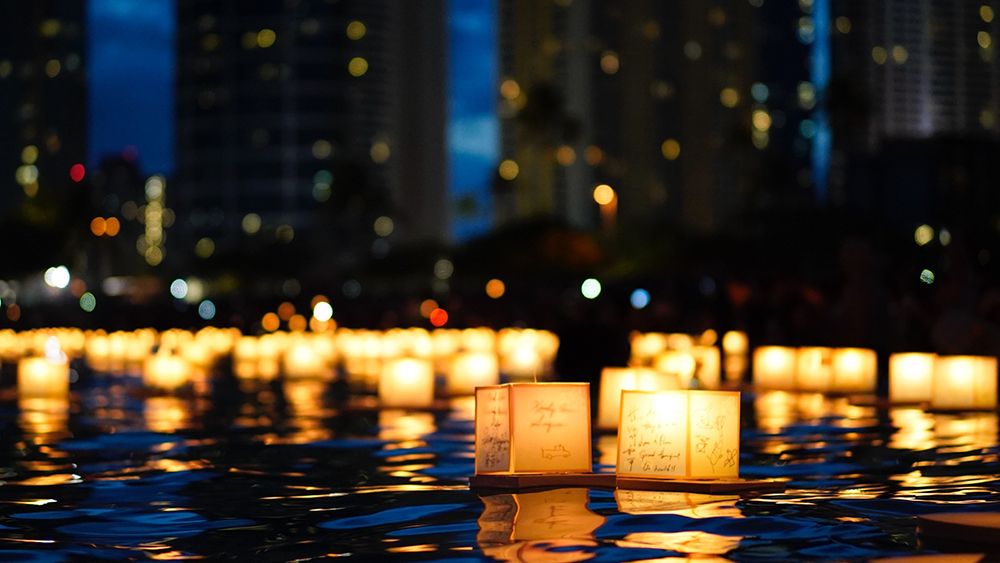Allowing terminally ill people in New York to end their lives with the assistance of a physician has made gains among state lawmakers as advocates have worked over the last several years to build support for what amounts to a complex and emotional issue.
But whether state lawmakers will approve the measure to do so in the final days of the legislative session remains unclear as opponents continue to raise concerns with the aid-in-dying proposal.
Advocates rallied this week in favor of the proposal, highlighting support from state lawmakers who have signed on to back the bill in the last several months.
"Lawmakers don't want to think about aid in dying, they don't want to think about death in dying, at all," said Corrine Carey, the campaign director for the coalition Compassion & Choices, the coalition that is backing the bill. "But they should feel good about passing this bill because it puts the power of what your end of life looks like in the right hands — the hands of the dying person. That means so much to people who have been stripped of all control by a terminal illness."
Carey attributes lawmakers' own experiences with loved ones facing terminal illnesses and their struggles in the final days of their lives.
"It took personal experiences with death in dying," Carey said.
Supporters have contended the measure includes sufficient safeguards to prevent a terminally ill person from being taken advantage of for an end-of-life procedure.
Opponents, however, remain unconvinced. Advocates for people with disabilities worry people who are struggling with an illness can easily become depressed and feel their options are far more limited.
"A lot of the discussion around the issue kind of overlooks the impact of people with disabilities," said Alex Thompson of the New York Association of Independent Living. "We want to make sure options like palliative sedation is available and hospice is available and all those other options. We're all in agreement that we don't want people suffering at the end of their lives. It's just a disagreement of how we do that."


